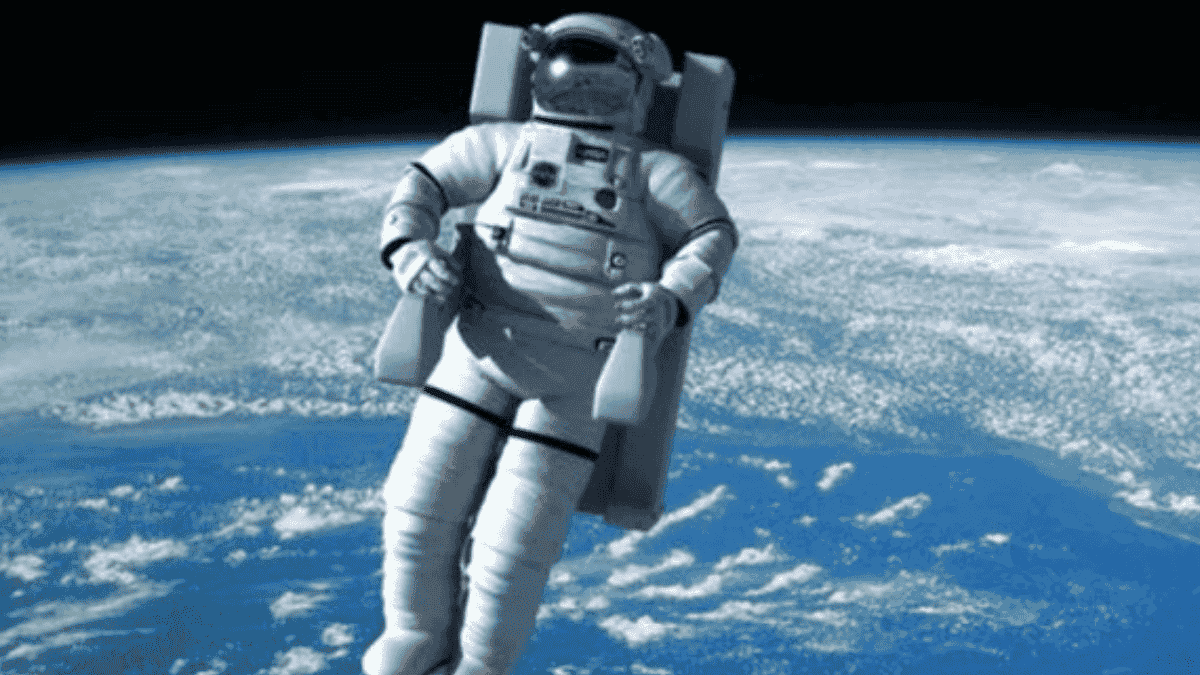How much does an Astronaut earn on a space mission?

Astronauts are professionals who receive advanced training, and only a few positions are available to those who meet the eligibility criteria and physical qualifications. The salary of an astronaut can depend on their employment status in the military or on their skill as a civilian astronaut. Civilian astronauts are expected to remain with NASA for at least five years and, during this term, they are employees of the federal government. The improvement for most workers in the federal government is based on a system of grades. Workers typically enter the federal civil service at the starting grade for occupation and begin a career of promotions until they reach the full-performance grade for that occupation. The pay category for civilian astronauts is GS-11 through GS-14, based on their academic achievements and experience. At present, a GS-11 astronaut starts at $64,724 per year and an annual salary of a GS-14 astronaut is $141,715. Though the exact salary figure of Astronauts is difficult to decide but they get very attractive remuneration as it is a very high-risk job too. The Astronauts can be termed as civil servants too and their salaries are on the government scale. ISRO (Indian Space Research organization) too is on the preparations to hire experienced Indian Air Force pilots for its upcoming manned missions. As per the reports, The average base salary of a space scientist is ₹3,15,000 per year. The average base salary of a scientist in ISRO is ₹4,80,000 per year. The average base salary of a distinguished scientist is ₹9,06,000 per year.
What do Astronauts do?
Astronauts receive rigorous training to fly to outer space. They can command, pilot, or serve as a crew member of a spacecraft and has to even participate in other activities related to space exploration. They had to conduct experiments and also gather information while in space flight which included the international space stations. They even conduct experiments with the spacecraft to develop new concepts in design, engineering, etc.
The term astronaut typically applies to all people who travel to space, irrespective of their nationality, however, astronauts from Russia are cosmonauts, and astronauts from China are taikonauts. Some astronauts may not get the opportunity even after completing their training as only a limited number of people go to space. They perform other tasks when they are not going to space like assisting scientists, collaborating on the development of tools and equipment, and carrying out repairs of aircraft and other machinery. They may even have to attend meetings, write reports and participate in periodic training sessions. It requires a lot of specialized skills for this position. position. They can get opportunities to travel to and work in space.
What are the qualifications to become an astronaut?
The Selection procedures for becoming astronauts are extremely rigorous and only a few select candidates are being able to qualify. Here are the qualifications and eligibility requirements to become an astronaut:
- Preferences are given more to an Air Force Pilot because of their professional experience flying aircraft.
- Candidates should have a bachelor’s degree from a recognized university. The degree can be in engineering, physics, computer science, biology, mathematics, or chemistry.
- Aspiring Astronauts must have a master’s degree in addition to at least two years of relevant experience in that profession. Alternatively, they may even complete at least 1,000 hours of pilot command time on a jet aircraft.
- The Astronauts must pass the NASA long-duration flight astronaut physical. If the candidate is under 5 feet, 2 inches, or over 6 feet, 3 inches the chance of not being selected is there. The candidate’s vision should be 20/20 though they may use corrective lenses.
- In addition to this, there are physical fitness requirements for candidates. They must be mentally and physically fit, with good eyesight, and meet certain height and weight specifications.
- A candidate benefits from being fluent in English, as they may communicate with astronauts from other countries. Knowing other languages can be beneficial.
Some of the skills that are beneficial for an astronaut to develop are Advanced intelligence, adaptability, mental tolerance, Physical stamina, critical thinking and problem-solving things, and lastly self-discipline.


